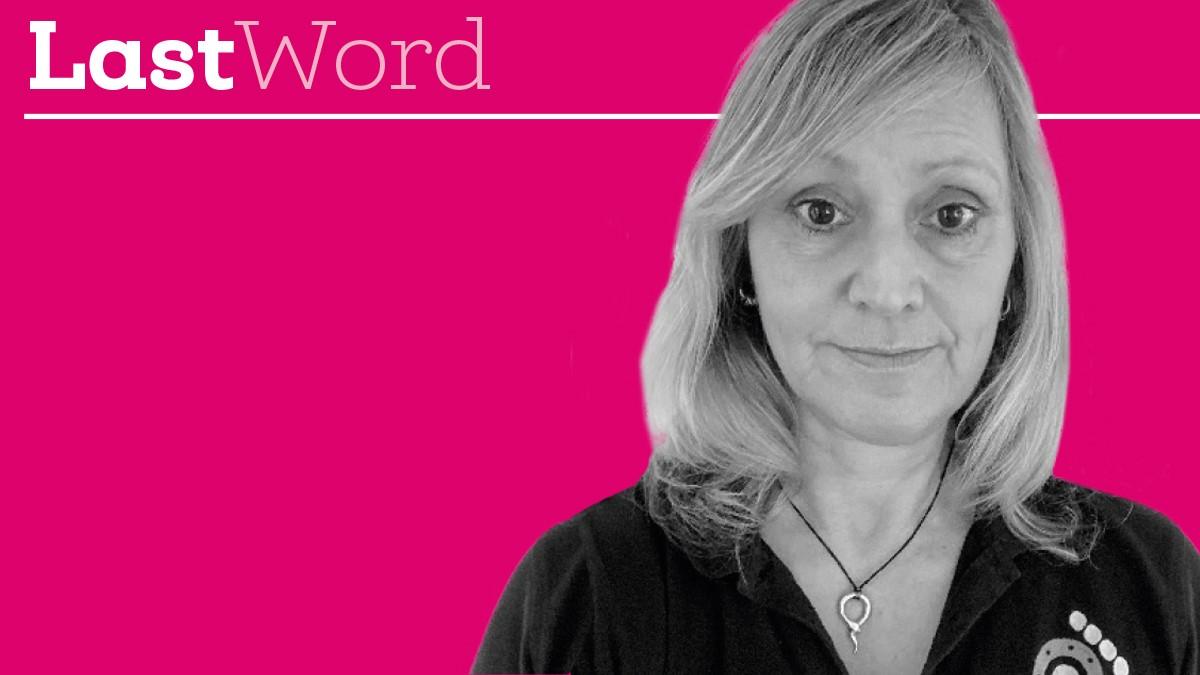Animal physiotherapy is explained by the professional network’s public relations officer

Like people, animals respond to physiotherapy. From the management of joint or spinal problems to post-injury rehabilitation, animal physiotherapy is now considered an essential adjunct to veterinary intervention. In addition, maintenance physiotherapy is widely used to optimise function and performance and, as in human sport, physiotherapy intervention is used to maximise athletic performance of equine and canine athletes and facilitate post-injury recovery.
The Association of Chartered Physiotherapists in Animal Therapy (ACPAT) is a dynamic, progressive organisation, developed from within the CSP. ACPAT aims to lead the field in the development of high quality, innovative physiotherapeutic intervention in the treatment of animals whilst raising the standards of animal physiotherapy and providing ongoing education and research for its members and the profession. ACPAT also strives to promote the benefits of animal physiotherapy and rehabilitation whilst contributing to the development of expert knowledge and specialist skills. In addition, ACPAT supports its members with sound communication and clinical guidance as well as reinforcing a strong relationship between professional associations and regulatory bodies within both human and veterinary fields.
To be a category A member of ACPAT you must be a chartered physiotherapist then have completed an ACPAT approved master’s or PGDip in veterinary physiotherapy. The skills acquired as a human physiotherapist are broadly transferable to animal patients with the master’s focusing on animal specific anatomy, physiology, biomechanics, disease aetiology and pathology, with particular emphasis on orthopaedic and neurological conditions.
As with people, animal physiotherapy involves a thorough clinical assessment to identify potential limitations to optimal function and performance, however, this is often significantly harder to perform and interpret with animals. An evidence-based treatment plan is then prescribed to facilitate optimal rehabilitation.
- Sally Cinnamond is a mobile physiotherapist treating people, horses and dogs across Devon and Cornwall
Number of subscribers: 2




































